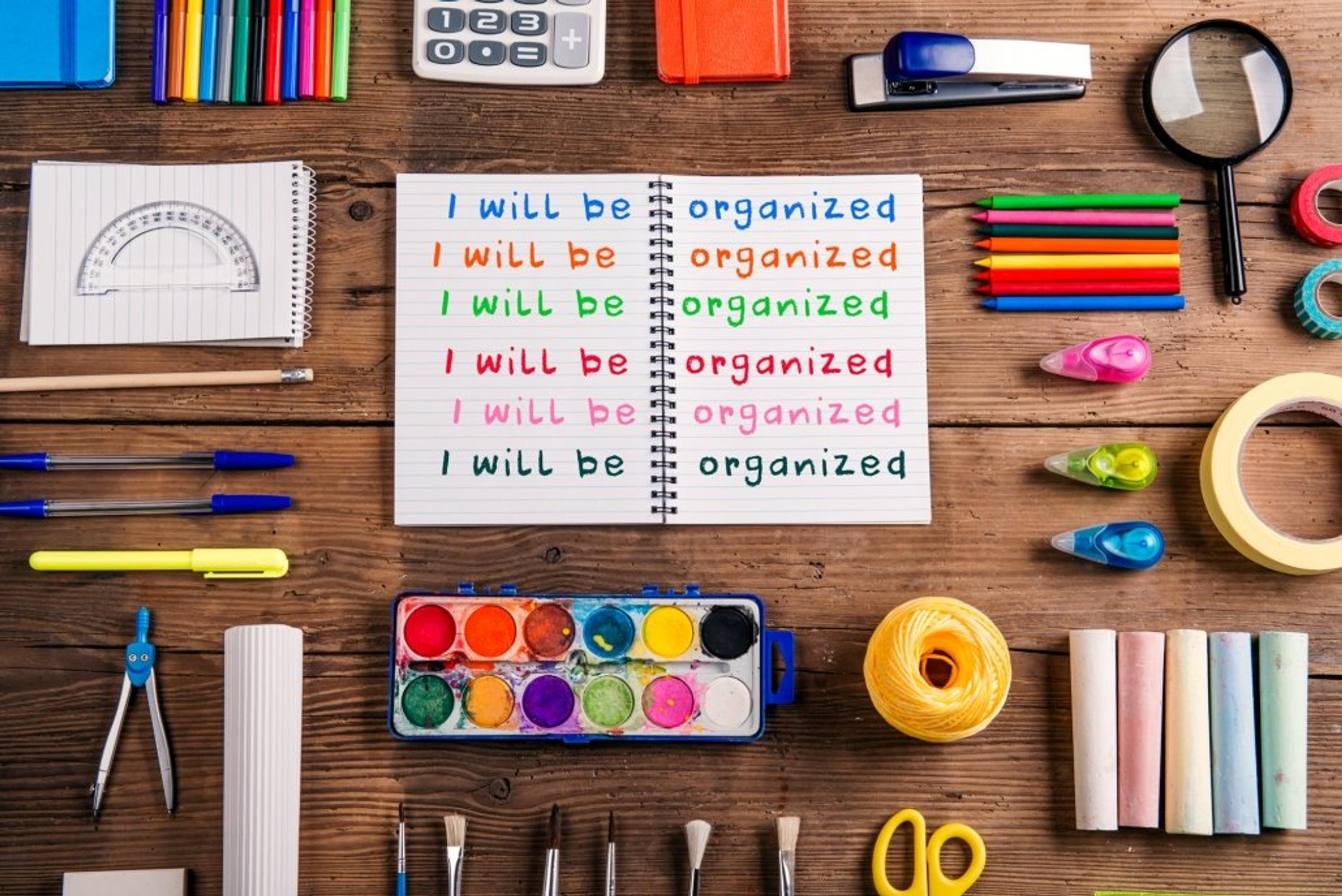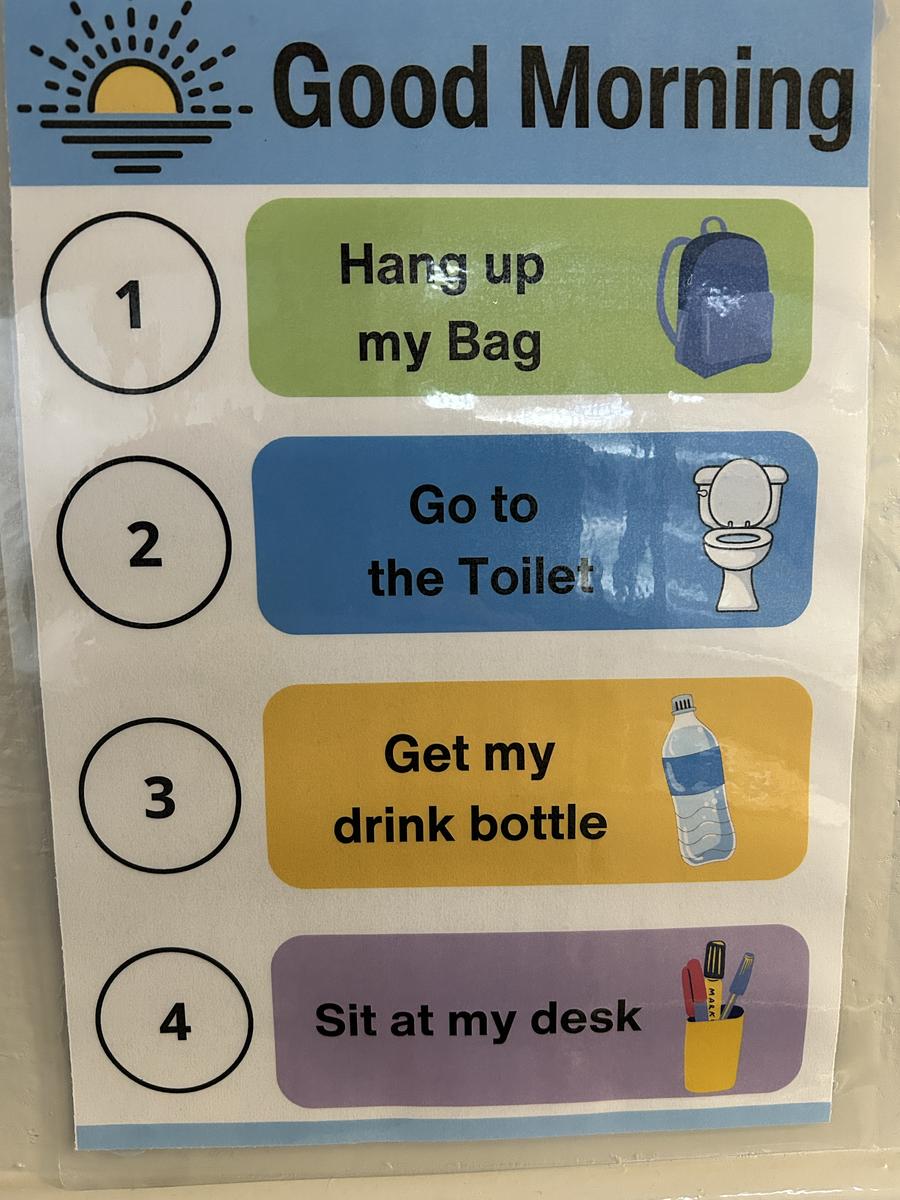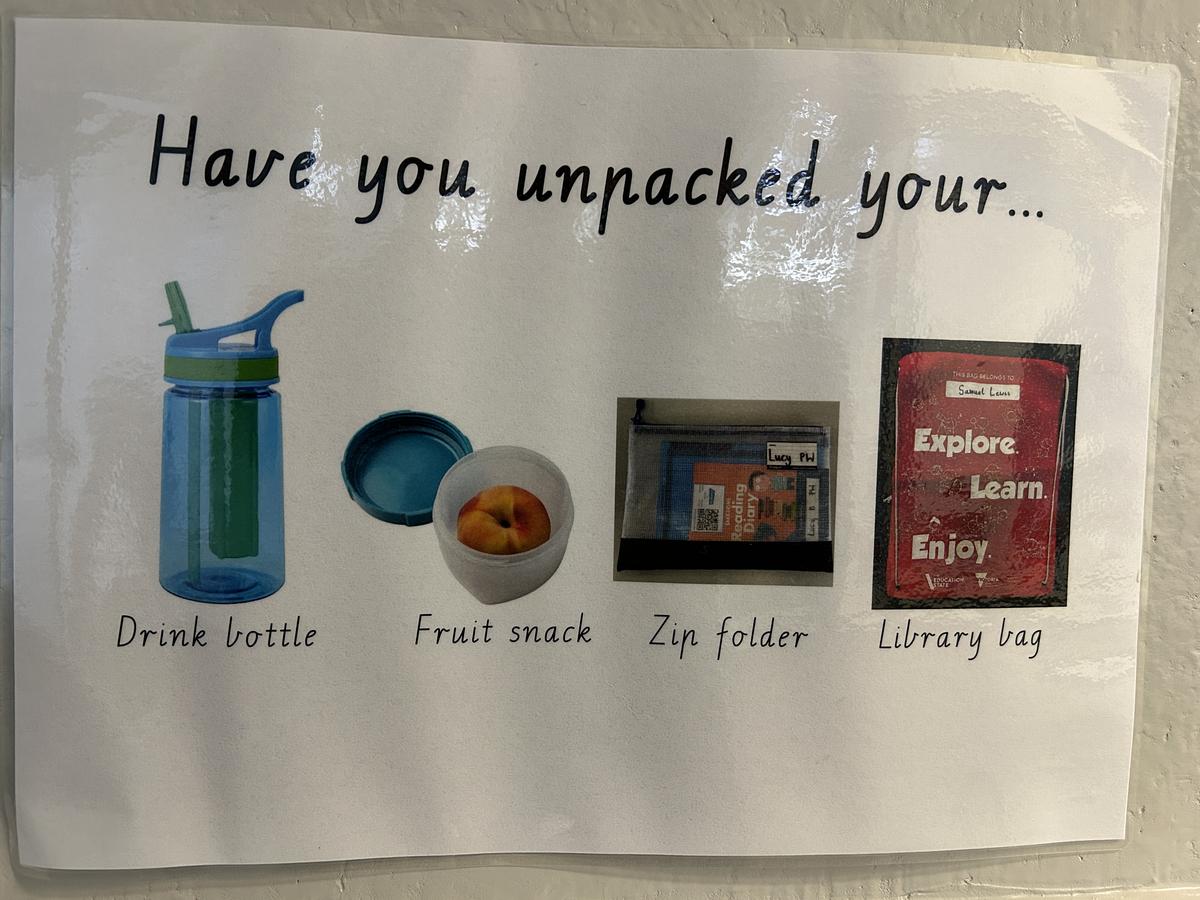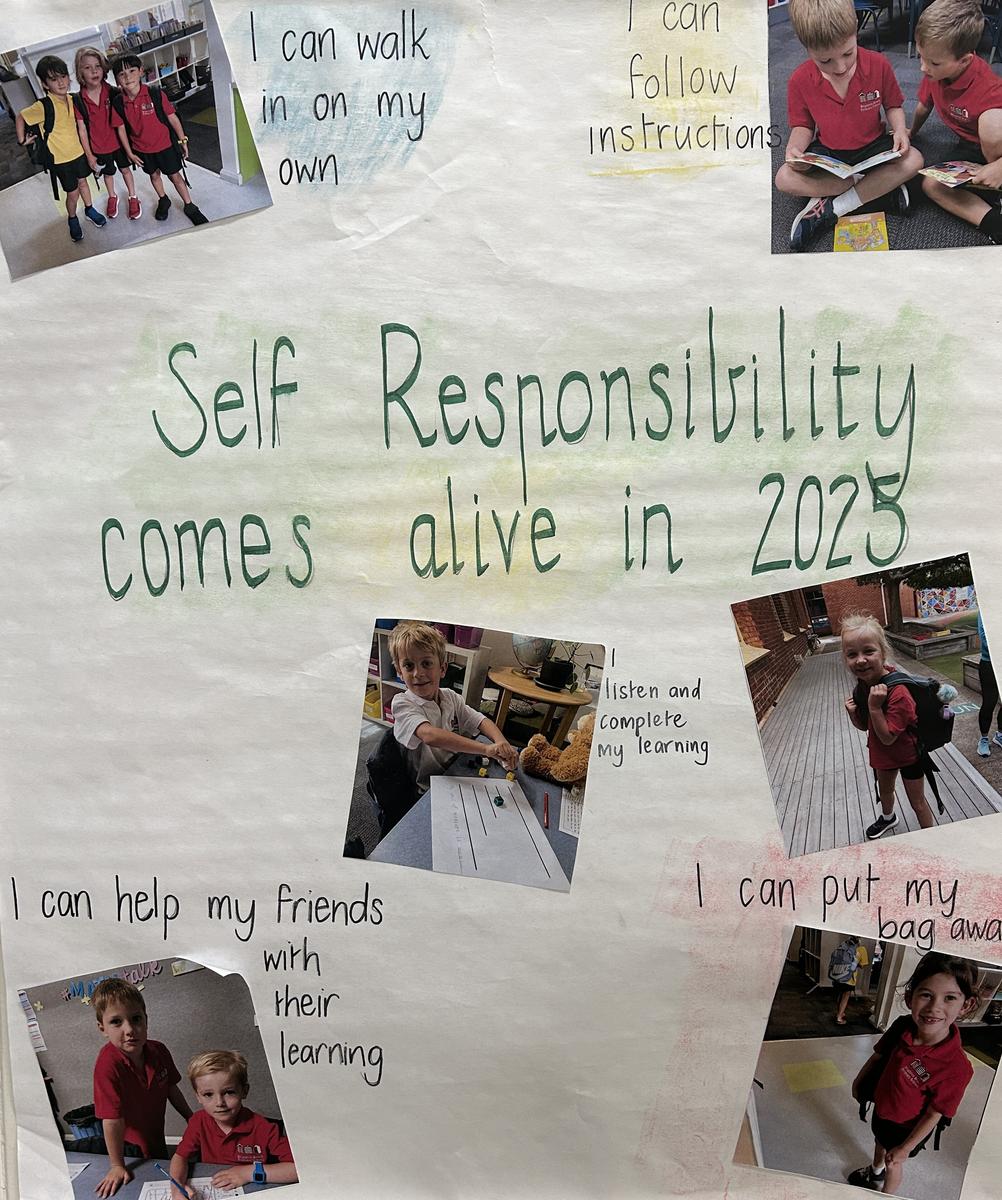Wellbeing

This Webinar is worth a look - the team from School Of Play will be working with our grade 4 and grade 6 students in semester two to build collaborative learning capabilities.
FUNctioning Skill #3: Organisation
What we’re focusing on: Organisation
For Semester One, BBPS have been focused on the school value of responsibility - 'Self-Responsiblity Comes Alive in 2025'. Our SRC have done a great job to share consistent messaging and expectations around agreed behaviour to demonstrate this value.
This week's FUNctioning Skill relates to our value of Responsibility...
Organisation isn’t just about neat desks and tidy bags. It’s about helping children manage their time, their tasks, and their materials so they can move through life with a little more ease (and a little less last-minute scrambling).
It’s the skill that lets kids look at a big project and think, “I know where to start.” It’s what helps them find their homework, remember their library books, and show up ready for the day.
Why it matters:
When children feel organised — even just a little — they feel calmer, more in control, and more confident.
They spend less energy trying to find things, and more energy doing things.
Good organisation supports academic success, but even more importantly, it supports emotional wellbeing.
Signs your child might be developing this skill — or might need a few more opportunities to stretch it:
- Regularly losing track of important items (jumpers, hats, homework)
- Feeling overwhelmed by multi-step tasks
- Rushing through things at the last minute
- Forgetting key parts of assignments or plans
- Struggling to keep spaces like desks, bags, or lockers in reasonable order
Again — perfectly normal. Organisation is a learned, layered skill that gets stronger with time, encouragement, and a few clever supports.
How you can help at home, naturally and without pressure:
- Create simple, visible systems: A hook by the door for hats. A special spot for library books.
- Break big tasks into small steps: “First find your reading folder. Then your hat.”
- Model thinking aloud: “I need my wallet, keys, and phone — I’ll check them off in my head.”
- Use checklists if helpful: Even simple ones — packing the schoolbag or getting ready for bed.
- Keep mornings and evenings predictable: Routines create invisible scaffolding.
- Praise the effort to plan, not just the outcome: “I noticed how you lined up your things for tomorrow — great thinking ahead!”
Chores that build Organisation:
- Laying out their clothes the night before
- Keeping their homework zone or room tidy
- Refilling water bottles or lunch containers for the next day
- Creating a checklist for morning or afternoon routines
- Organising the bookshelf or toy shelf
- Restocking toilet paper or pantry items
- Planning a simple meal and listing needed ingredients
Games that build organisation:
- Scavenger hunts with multiple clues
- Packing challenges (“Can you get everything you need for swimming lessons?”)
- Lego sets with step-by-step instructions
- Sorting and categorising games (even helping set the table!)
- “Memory trails” (remember and collect a sequence of items)
Final note:
Organisation doesn’t have to be rigid or perfect. It’s not about colour-coded folders (unless that’s your child’s jam!). It’s about teaching kids they can bring some order to their world — and that a little thoughtful planning makes big things feel possible.
Thank you for helping them lay the groundwork, one small, kind step at a time.



